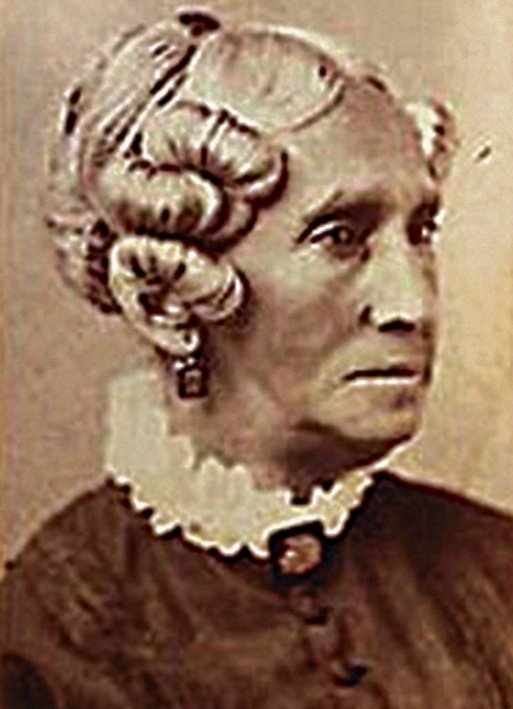Passion for Freedom: A Leadership Legacy
It may be a tad early to be speaking about a Juneteenth celebration, yet as I am in the planning stages for Juneteenth 2023 at Carnegie Hall, it’s now part of my daily musings. Identifying and coordinating the honorees, presenters, speakers, and artists who will grace Carnegie’s Stern Auditorium/Perelman Stage is a great honor.
As the visionary and spiritual leader for this Juneteenth event, the Reverend Dr. James A. Forbes Jr. has inspired us each year with an aspirational theme. This year's Juneteenth theme is Renewing Passion for Freedom and Democracy.
While speaking with Rev. Forbes recently about the event plans, he stated, with some concern, that a colleague had remarked how little people actually know about Juneteenth and its significance to this nation. His remark lingered with me as I drafted program summaries. What became clear was the need to not only celebrate this historic occasion of enslaved persons in Galveston, Texas, who were informed on June 19, 1865 that they were indeed free, but to also inform the nation about and showcase those who had set the stage for the fight for justice and are the legacy leaders for our Juneteenth celebrations.
As I searched for individuals who had ignited passions for freedom and carved pathways towards democracy for all, names appeared that I was unfamiliar with. How gratifying it was to see the boldly written freedom petitions from enslaved and free, such as Prince Hall, Paul Cuffe, Lancaster Hill, Peter Bess, Brister Slenser, Jack Pierpont, Nero Funelo, Newport Sumner, and Job Look, as early as 1777. And it was equally rewarding to read the words of speeches given by individuals asserting their right to freedom and their value as human beings.
Bringing Unsung Heroes & Heroines to Light
Mary Miller Stewart was one such individual. Her voice, through writing and public speaking, railed against the injustices leveled against Black American men and women. Stewart is hailed as the first woman to speak publicly and to address mixed gender and mixed-race audiences—all frowned upon at that time. Defying the social norms, Stewart’s articles and speeches were published in The Liberator, an abolitionist newspaper.
(The following excerpts were taken from Stewart’s speech at Franklin Hall in Boston in 1832.)
There is abiding strength in Stewart's voice that leaves no doubt of her convictions and lays bare the courage and resilience that it took for her to speak her truth …
O, horrible idea, indeed! to possess noble souls aspiring after high and honorable acquirements, yet confined by the chains of ignorance and poverty to lives of continual drudgery and toil. Neither do I know of any who have enriched themselves by spending their lives as house-domestics, washing windows, shaking carpets, brushing boots, or tending upon gentlemen’s tables. I can but die for expressing my sentiments; and I am as willing to die by the sword as the pestilence; for I and a true born American; your blood flows in my veins, and your spirit fires my breast.
There is challenge and resistance seared into her words—both to those ensnared in the thicket of slavery and those who lived free from its depraved grip …
And, my brethren, have you made a powerful effort? Have you prayed the Legislature for mercy’s sake to grant you all the rights and privileges of free citizens, that your daughters may raise to that degree of respectability which true merit deserves, and your sons above the servile situations which most of them fill?
There is indignation at those who would continue to hold Black Americans as subservient and less than …
O, ye fairer sisters, whose hands are never soiled, whose nerves and muscles are never strained, go learn by experience! Had we had the opportunity that you have had, to improve our moral and mental faculties, what would have hindered our intellects from being as bright, and our manners from being as dignified as yours? Had it been our lot to have been nursed in the lap of affluence and ease, and to have basked beneath the smiles and sunshine of fortune, should we not have naturally supposed that we were never made to toil?
It was asserted that we were “a ragged set, crying for liberty.” I reply to it, the whites have so long and so loudly proclaimed the theme of equal rights and privileges, that our souls have caught the flame also, ragged as we are. As far as our merit deserves, we feel a common desire to rise above the condition of servants and drudges. I have learnt, by bitter experience, that continual hard labor deadens the energies of the soul and benumbs the faculties of the mind; the ideas become confined, the mind barren, and, like the scorching sands of Arabia, produces nothing; or, like the uncultivated soil, brings forth thorns and thistles.
The road to justice has been tediously long and treacherous. Along the way, we have been blessed with the courageous leadership of many. If we embrace Rev. Forbes’ vision, and renew our passion for freedom and democracy, the example set by our legacy leaders, such as Mary Miller Stewart, is one to hold dear and emulate. Juneteenth 2023 will acknowledge and lift up such individuals.

